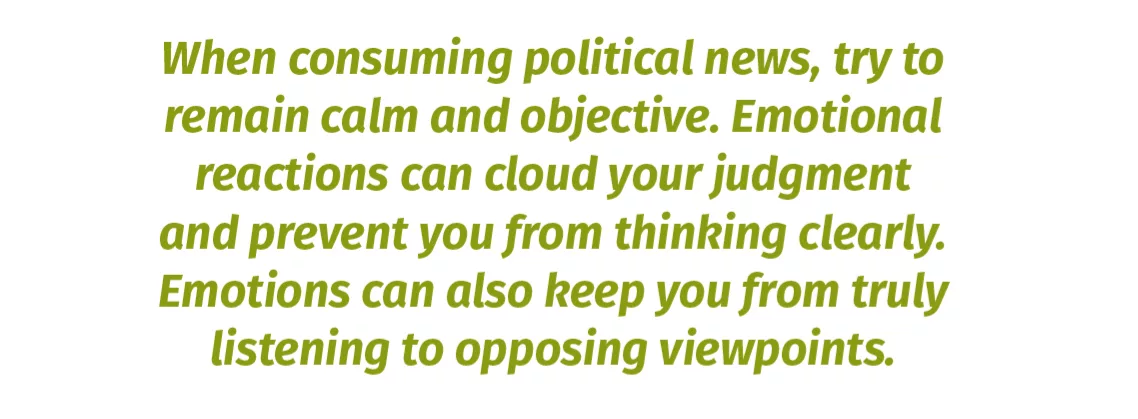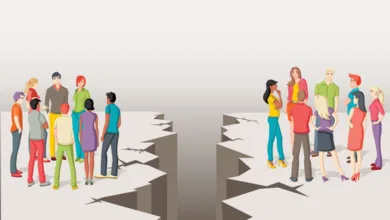How to Make an Informed Voting Decision

One of the things that we know artificial intelligence is great at is serving up information on the internet to feed our egos and providing information with which we agree.
Because of this technology, the 2024 political landscape will be littered with misinformation, disinformation, and countless misdirections.
And that’s before any outside party, such as Russia or China, may get involved.
So how do you, as an American voter, get the correct information on which to make an informed decision?
As with most essential things in life, cultivating a balanced political perspective in 2024 will take work.
Here are a few strategies to help you be a more-informed voter:
1. Diversify your news sources
Avoid relying on a single news source. Instead, seek out news from various outlets — mainstream and alternative sources. Watch the news portions, not the political pundits.
2. Beware of confirmation bias
Confirmation bias is the tendency to seek out information that confirms what we already believe and ignore information that contradicts it. It helps to ask yourself each time you read something you agree with: Do you feel your political opposites would agree, and why not?

3. Evaluate sources critically and fact-check information
Not all news sources are equal. When evaluating a news source, consider its reputation, ownership, and funding. Also, check for factual errors and bias. Here’s a site that will help with fact-checking: FactCheck.org and Snopes.com. Also, make sure that you are reading a current story. Many of the posts on the news sites are reposted from months, if not years ago. Check dates always.
4. Consider different perspectives
Try to understand the viewpoints of people who have different political beliefs than you. This will help you to see the issues from different angles and form a more nuanced understanding when it’s voting time. It’s been suggested that before you engage in any political discussion, you ask what news outlets and other publications your debate opponent reads. This knowledge will help you consider their perspective before they say a single word.
5. Listen openly and avoid emotional reactions
When consuming political news, try to remain calm and objective. Emotional reactions can cloud your judgment and prevent you from thinking clearly. Emotions can also keep you from truly listening to opposing viewpoints. Without understanding the opposing viewpoints, you can’t identify the common ground that is so important to any viable discussion.
6. Avoid echo chambers
Echo chambers are online spaces where people are only exposed to information that reinforces their beliefs. Just as we need to watch our diet to manage our sugar intake, we should watch our news consumption for the same overloads.
7. Never stop learning and be patient
Developing a balanced view of politics takes time and effort. Even if you want to, don’t expect to change your worldview overnight. Because the political landscape constantly evolves, staying open to new concepts and information is very important. Learning new things and adjusting your views keep you alert and present in today’s environment.
Forming a balanced view of politics is an ongoing process. Following these strategies can help you make a more informed voting decision, as well as be a more engaged citizen. Here is a site that will help you become more media literate: https://www.medialit.org/about-cml





